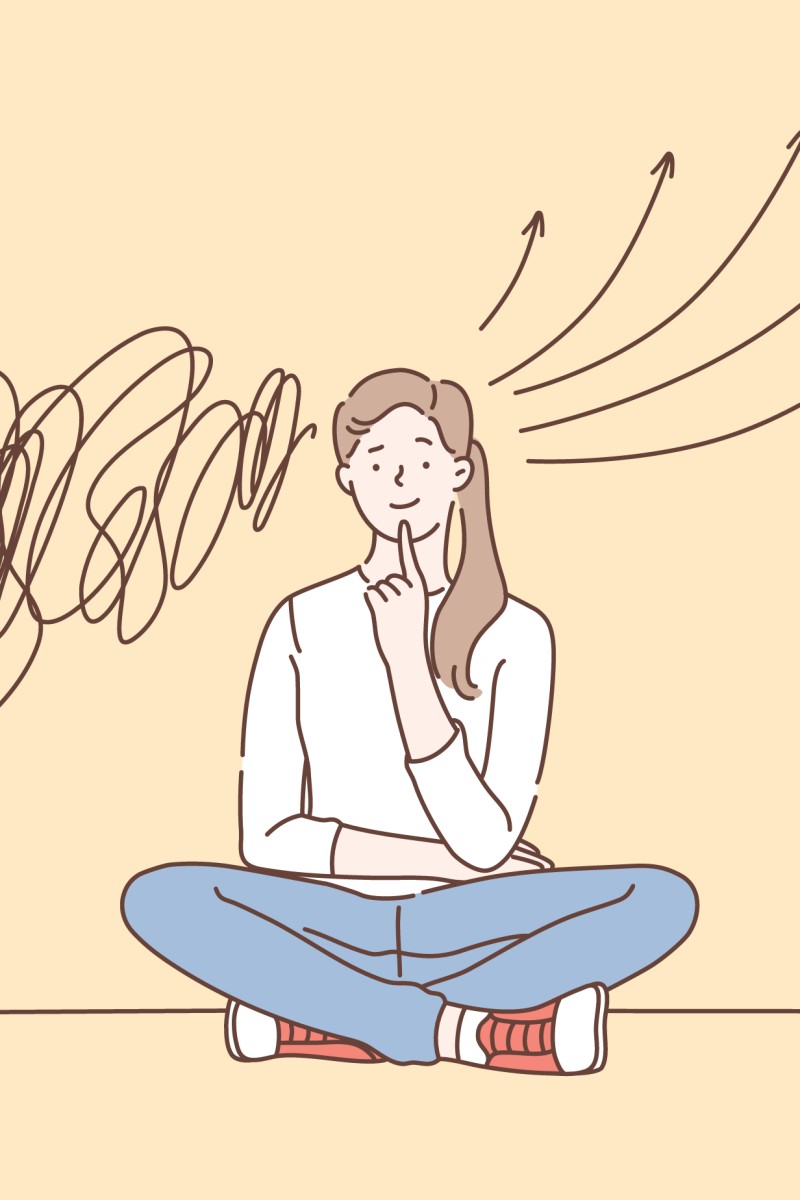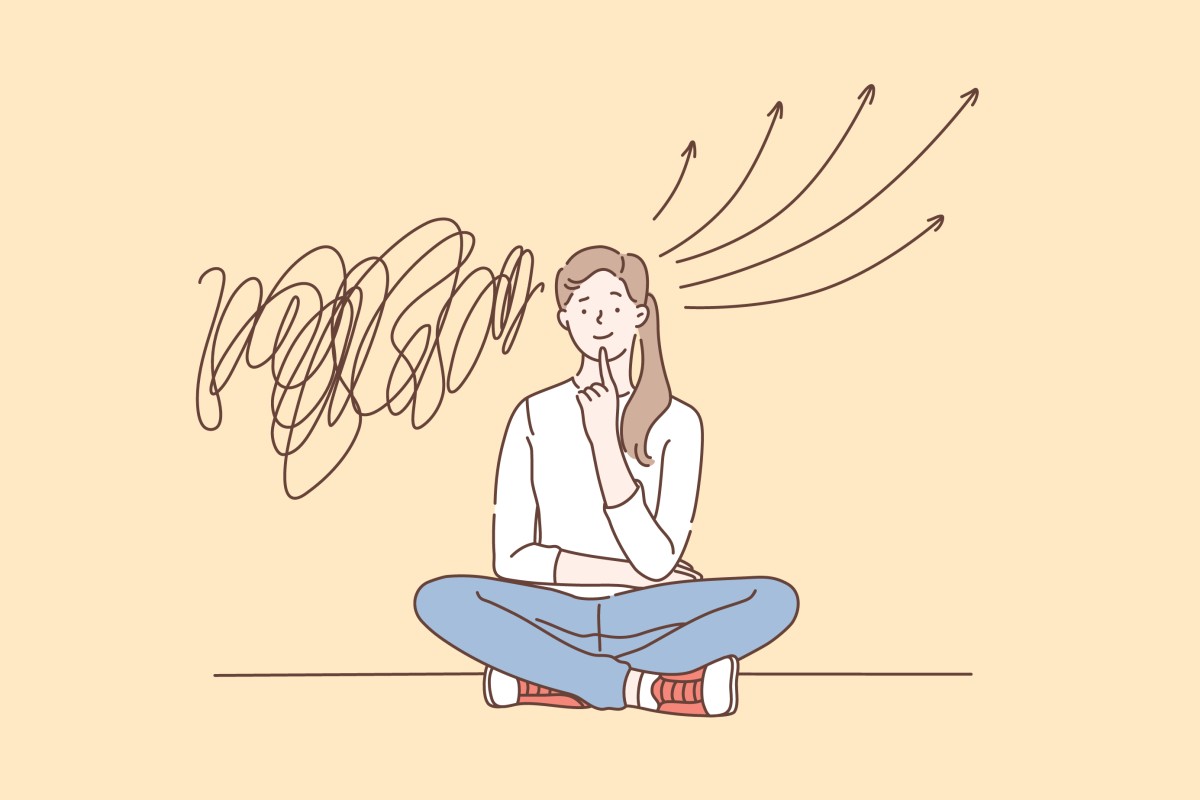
5 tips for better concentration, from meditation to playing sports
- If you're having a hard time getting into study mode, these brain exercises will keep you from getting distracted
- Things like sports and word games will give you a mental boost
 These tips will have you focusing like a pro. Photo: Shutterstock
These tips will have you focusing like a pro. Photo: ShutterstockYou sit in front of your desk and tell yourself you should begin studying for your tests. Then, a notification pops up on your phone. In that split second, you decide to scroll through your social media feed instead.
Getting into study mode can be a real struggle, but we’ve got your back! Young Post interviewed Dr Janet Hsiao, Associate Professor at the University of Hong Kong’s department of psychology, and asked her to recommend some brain exercises, that, over time, could help you revise better, and not get so distracted.
How to handle anticipatory anxiety, also known as the "Sunday scaries"
Meditation
Meditation requires us to try to keep our minds from wandering and to focus our full attention on our breath. “When practised regularly, meditation can boost our ability to focus on one thing and resist irrelevant information,” Hsiao says.
In other words, it helps you to concentrate on studying and to stay away from unwanted distractions during revision. It’s going to take a while for meditation to change how your brain is wired, but if this mindfulness (mind control) practice makes you become more aware of the things that draw your attention away from studying, why not spare 10 minutes a day for it – and get a little peace of mind, too?
Board or card games
Keeping your undivided attention on studying needs more than just an ability to focus. “The ability to inhibit irrelevant information or unwanted thoughts is also very important,” Hsiao says.
Board or card games, such as chess, Monopoly Deal, or Uno, can help train our brains to study better. When it’s your turn to play, you actually have to “coordinate sources of information and selectively focus on the pertinent information,” explains Hsiao. Turns out playing games does help with studying!
Word games
You might not think it, but playing word, guessing, and puzzle games with your friends might also help you study better. “Like board or card games, they are good tools to strengthen your selective attention. As you’re searching for the right word, you’re also considering multiple words and you are shifting your attention constantly,” Hsiao says.
She explains that attention-switching exercises are crucial for improving concentration, because they help you to switch back to what you’re supposed to work on, as soon as your mind wanders. So word games are great for consolidating your working memory, as well as expanding your vocabulary.
Tips for comforting someone who is sad or hurting
Team sports
Those who love being physically active can reap study benefits, too. When playing team sports like football and basketball, it’s necessary to multitask, and to be highly focused to keep track of what team members are doing. For instance, when defending against your opponent or aiming for a goal, you need to ignore noises like cheers or yells from your opponents.
“The process requires you to choose, coordinate and switch your attention between the various sources of information from your surroundings,” Hsiao says. In the process, team training helps to sharpen your attention which helps you focus when studying.
Music, singing or dancing
“Similarly, playing musical instruments needs focused attention on the current and upcoming notes to play while ignoring or inhibiting unwanted thoughts and irrelevant information from the environment,” Hsiao says.
When playing a musical instrument, you are also shifting your attention between your hands, keys and score, while sequencing hand movements and evaluating your own performance, all of which are relevant to our ability to focus.
The same applies to singing and dancing, which demand attention, coordination and bodily control.
Hsiao says it is wrong to assume a single exercise can make you study better, as training your mind takes time. Instead of focusing on only one, it may be better, and much more fun, to actually try a variety of different brain exercises.
That way, you’ll be able to find out what works best for you, while also kick-starting good study habits.
